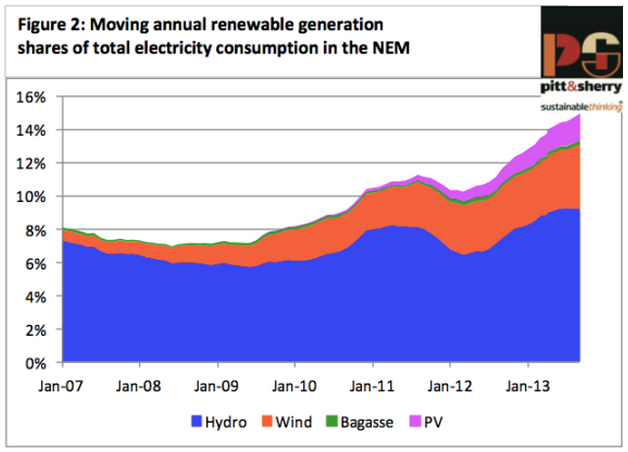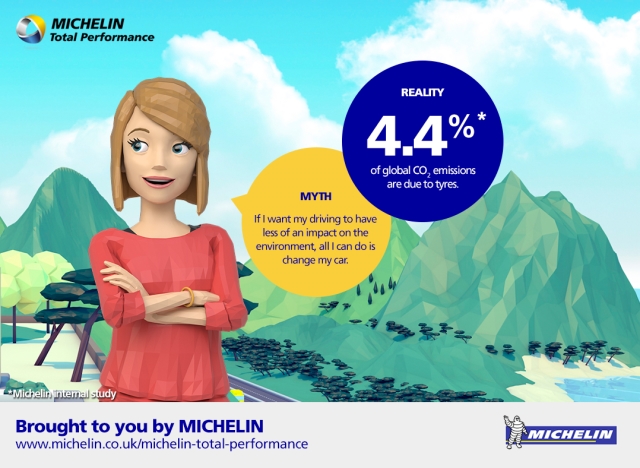If you are thinking about investing in a way that is socially responsible, sustainable, and has a positive impact then the two buzz phrases that you’re likely to encounter are ‘socially responsible investing’ (SRI) or environmental, social and governance (ESG). At first it may seem as if both are really the same – but there are subtle differences.
Essentially SRI consists of excluding investments based on particular criteria – such as their environmental or social practices. In some cases entire sectors may be excluded entirely as well (such as tobacco or oil) or actively pursues investments in certain areas (such as green or sustainable technology).
On the other hand ESG does not exclude anything but instead evaluates environmental, social and governance factors alongside a broader set of investment criteria. The manner in which ESG data will be weighed as a risk varies and can often be subjective depending on the fund manager or person making the investment.
Different Approach, Same Goal
To purists it may seem that SRI is inherently ‘better’ because it excludes investments based on socially responsible criteria. Assuming your focus is on ensuring that your investments only in companies that adhere to a particular benchmark of social or environmental responsibility then it may indeed be ‘better’.
However that does not mean that ESG should be written off. In fact of the two ESG is the one that attracts more interest because its data provides an in-depth insight into the strengths or weaknesses of an investment in terms of its reputational and operational risk – while also ensuring that profitability is maintained.
Also the increased focus on ESG is seen as a way to encourage companies to adopt better social, environmental and governance practices. In short better ESG data from a company could lead to increased interest from investors and better stock performance.
That being said there is still a lot of subjectivity – which is where the idea of ‘better’ breaks down. Ethical investing in general is an area where there are vastly differing opinions – as was illustrated by the findings of Morningstar (a fund rating agency) that scored ‘ethical’ funds based on ESG ratings and found that they were average or worse than conventional funds.
Recently both ESG and SRI have been boosted as the Securities and Exchange Commission proposed including sustainability factors as part of corporate disclosures. On the SRI front it will provide more information on which to pursue or exclude certain investments, whereas ESG will benefit from having more data to factor into its investment criteria.
At the end of the day both ESG and SRI are aligned to the same cause – but approach it in different ways. If your investments are handled by a fund then it is important to discover the exact nature of the ESG or SRI approach that they use. On the other hand if you’re using a platform such as ETX Capital to make your own investments and trades then you will be free to follow whatever SRI guidelines or ESG data you choose and determine the course of your own investments.
This post was sponsored by ETX Capital; image from BigStock








